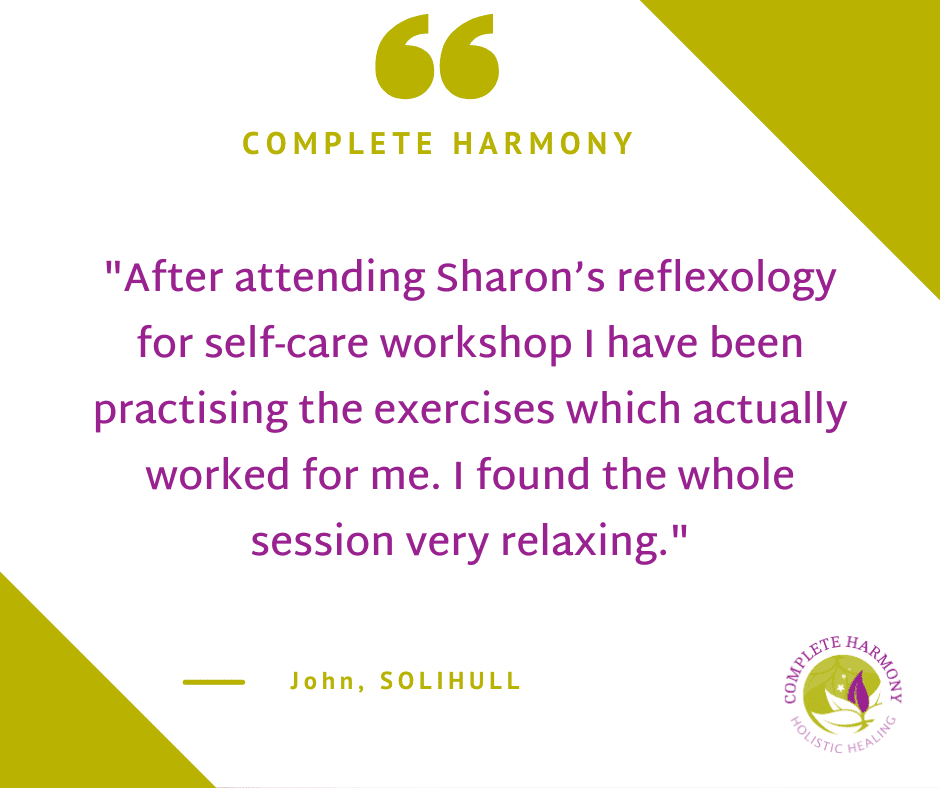If you’re an unpaid carer, mornings can often feel like a race before the day has even begun. Whether you’re helping a loved one to get dressed, organising medications, or preparing meals before work or school runs, the pressure starts early.
It’s all too easy to begin the day on the back foot – exhausted, anxious, and already behind. You may feel like you barely have a moment to yourself. And even when the day is done, your to-do list seems endless. Wouldn’t an extra hour to breathe or regroup make all the difference?
While we can’t create more hours in the day, we can create more ease. One way to do this, especially as an unpaid carer, is by introducing a simple, self-care morning routine. This isn’t about adding pressure or striving for perfection; it’s about creating gentle shifts towards caring for yourself and reclaiming a few minutes for yourself each day. With just a little intention, you can bring calm, clarity and control back to your mornings, which will have a rippling effect into the rest of your day.
Why Morning Routines Matter When You’re an Unpaid Carer
Boost Your Energy (Even Just a Little)
Even five minutes of quiet time, a few deep breaths, or a stretch can signal to your nervous system that you matter too. It might not solve your fatigue, but it can help you begin your day with more intention, instead of simply reacting to things with urgency.
Feel More in Control
When you start the day with a plan (however small), you’re more likely to feel emotionally and mentally organised. You don’t have to control everything, but you can influence how you meet the day.
Ease Anxiety & Lower Stress
For unpaid carers, especially those who also work outside the home, mornings often come with a rush of responsibility. But with a familiar routine, even if it only has two or three steps, you reduce decision fatigue and make space for calm.
Reconnect with Your Identity
As an unpaid carer, your needs often come last. But sticking to even one part of your morning routine helps you reconnect with yourself, as an individual, not just as a carer. This will help to build self-confidence and a sense of self-worth.
Start Small, Build Healthier Habits
It might start with five minutes of journaling or simply having your first cuppa in silence. Over time, these tiny acts of self-respect can grow into 5 or 6 meaningful activities. Done consistently, these activities will become habits that broaden your well-being and support your resilience and long-term health.
Spot Your Biggest Time Zappers
What tends to derail your morning? Are you hitting the snooze button repeatedly and then rushing? Do you lose time to scrolling your phone while half-awake? Or are you trying to juggle too many things at once without a plan? Identifying where you are losing time in the morning will help you reduce those activities, thereby making time for a more productive and self-compassionate morning routine.
4 Simple Ways to Make Mornings Work for You
- Set One Gentle Intention – You don’t need a whole morning agenda. Just ask yourself: How do I want to feel this morning? Peaceful? Grounded? Ready? Choose one simple action to support that. Whether it’s writing one sentence in a journal, stretching for a minute, or drinking your tea without rushing. Tip: Prepare the night before. Lay out your clothes, prepare breakfast, or place your journal or book by your bed. That way, your intention will be easier to achieve, even on tired days.
- Keep It Doable – Your morning routine should serve you, not the other way around. Choose one thing to focus on and make it something that feels nourishing and not like another task that needs to be done.
- Use Simple Visual Reminders – This is where a notepad, card or Post-it comes in handy. Have it by your bed and use it to write down your mini routine. Seeing it can help ground you on busy mornings. Choose things that will allow you to connect with how you want to feel for the day. If time allows, do more than one thing on your list. If not, choose one that will help to ground you at the start of your day.
- Adapt As You Go – Some mornings won’t go to plan and that’s okay. The goal isn’t perfection; it’s consistency and compassion. If something doesn’t work, tweak it. What matters is showing up for yourself, even if only for a moment.
Self-Care Starts Here: You Deserve That Too
Unpaid carers are often the quiet backbone of so many lives. But you deserve care just as much as those you support. A calm, intentional morning is one small way to fill your cup so that you’re not running on empty. It’s not about being selfish; it’s about sustainability. Start small by choosing one self-care activity and allow your morning to remind you that you are doing enough.
What Clients Are Saying
Having worked with Carers Trust organisations for over 18 years (these are charitable organisations in the UK who provide support to unpaid carers), I’ve seen first-hand how the responsibility of providing care affects unpaid carers mentally, emotionally and physically.
Through my hands-on relaxation taster treatment days and my Great Care Starts with You workshops I’ve also seen how taking time out for themselves helps unpaid carers to recognise that they matter, how important it is for them to stay healthy, the potential consequences of them becoming ill, over-tired or mentally drained and how taking time out for themselves can help to restore their feelings of self-worth.
Here’s what Sheila and John had to say after their session with me…..


Your Next Step
My sessions are also available to individual carers who are not a member of a Carers Trust.
If you think a morning routine could be your first gentle step towards caring for yourself, and you feel you need help on a 1-2-1 basis, why not book a no-obligation Discovery Call? We’ll talk about what’s happening for you, and I’ll suggest bespoke things you can start using straight away. Get in touch today to book your Discovery Call today.
About Sharon

Sharon lives with her partner, Geoff, in Warwickshire, and they have two adult children. She worked for over 25 years in an office environment, gaining qualifications to degree level in finance, business and management. While there, Sharon witnessed and experienced many stressful situations and suffered stress-related illnesses.
Sharon was advised to make some changes to her lifestyle which included trying complementary therapies. After experiencing the benefits of complementary treatments, Sharon decided to retrain and share her knowledge and experiences to help others recognise and manage their own physical and emotional stress and anxiety levels.
Sharon has been working as a complementary therapist for over 15 years, and she loves helping people manage and reduce their stress levels, to feel uplifted, focused, positive and empowered about their lives.




